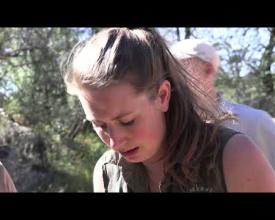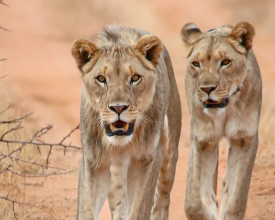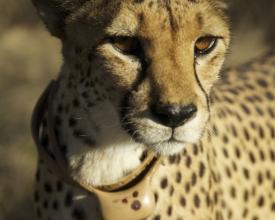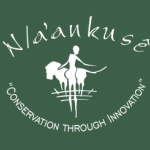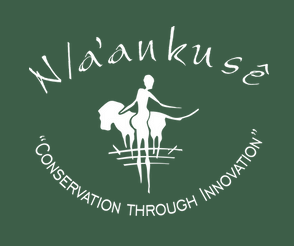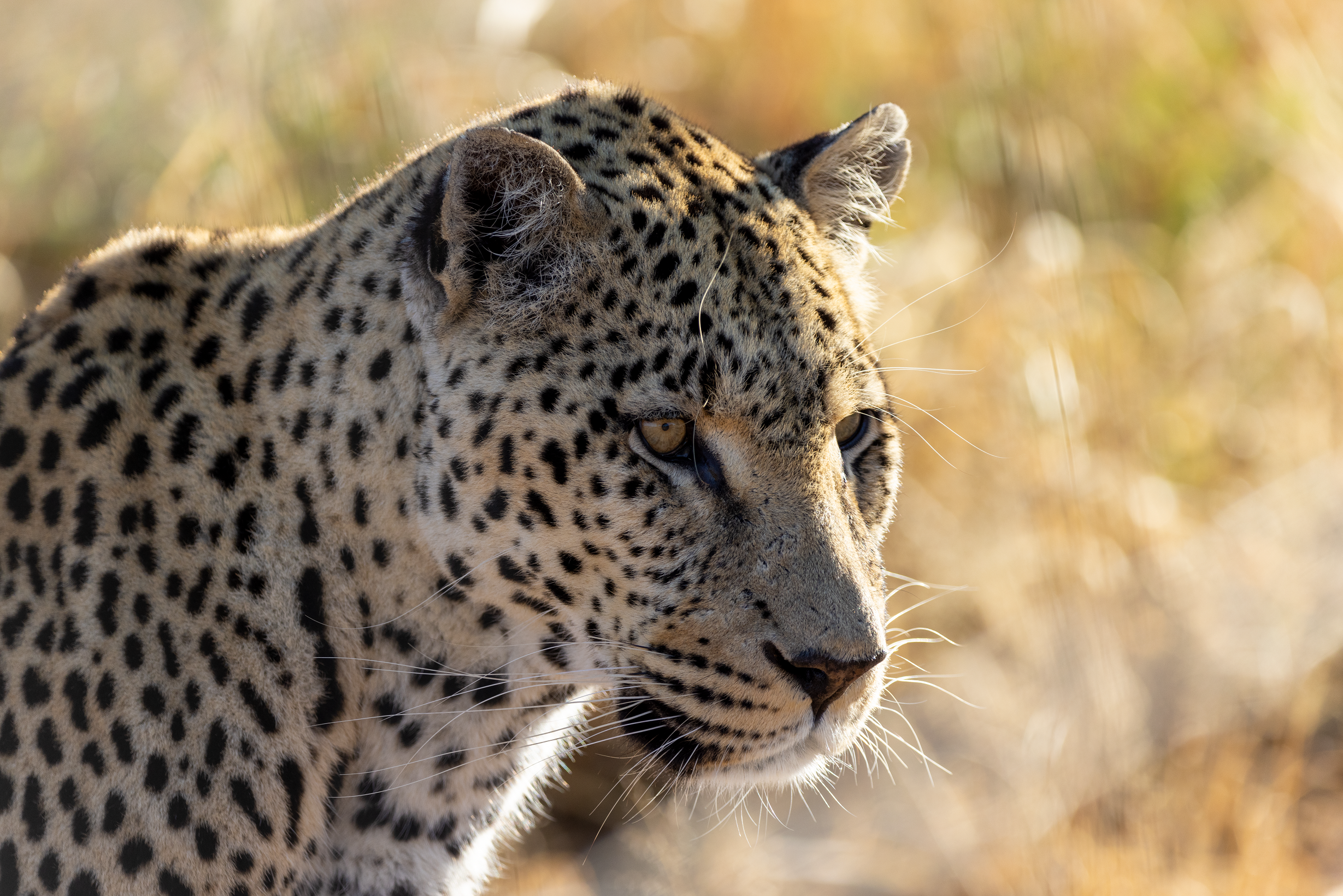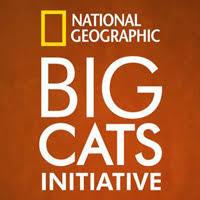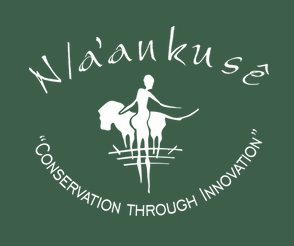
Mitigating Human-Wildlife Conflict in Namibia Through a Rapid Response Unit
Namibia is one of the few African countries in which six large carnivore species (lion, leopard, cheetah, African wild dog, spotted hyena and brown hyena) occur outside protected areas. With over 40% of Namibia’s land use consisting of commercial farming, human-wildlife conflicts are inevitable. N/a’an ku sê’s Rapid Response Unit works towards educating the local farming community about the behaviour of carnivores, it aims to increase the farmers’ tolerance towards predators on their lands. This awareness and education, combined with the RRU’s response to conflict calls and the advice and aid imparted, beneficially impacts the relationship between farmer and conservationist. Our approach has reduced indiscriminate killing of carnivores on farmers’ lands by 80%, proven ~90% of carnivores to be non-conflict animals, consulted 820 farmers across a total area of more than 1M hectares of farmland. Finally, more than 70 carnivores have been collared and monitored to establish scientific evidence for deeper conservation impact
Impacts
The top 5 impacts relating to this project so far are the following:
- 80% reduction in lethal carnivore persecution – Landowners rely on the RRU in fitting trapped carnivores with GPS collars and releasing them back on the land.
- 105 carnivores released back on site – Upon consultation, 105 carnivores were released back on-site, with 66 of these carnivores fitted with GPS tracking collars for intensive monitoring.
- GPS data leading to increased tolerance – In ~90% of collaring cases, the GPS data proved the collared animal not to be a problem animal, leading to increased tolerance of free-roaming carnivores, reduced indiscriminate killings, and an increase of habitat for carnivores in Namibia.
- Increasing reach and impact – Between May 2008 and August 2024, a total of 438 RRU consultations (with a total of 820 farmers) have been conducted spanning over 1 million hectares of total area . Of these, 239 calls concerned Vulnerable leopard, 105 calls concerned Vulnerable cheetah, 32 calls concerned Near Threatened brown hyenas, 15 calls concerned Endangered African wild dogs, 13 calls concerned Vulnerable lions.
- Trust & long-term relationships – Authentic two-way dialogue with farmers in Namibia through our approach based on respect, understanding and compromise for livestock farming and appreciation of the experience held by farmers themselves. With this, our impact stretches our impact far beyond our direct network.

